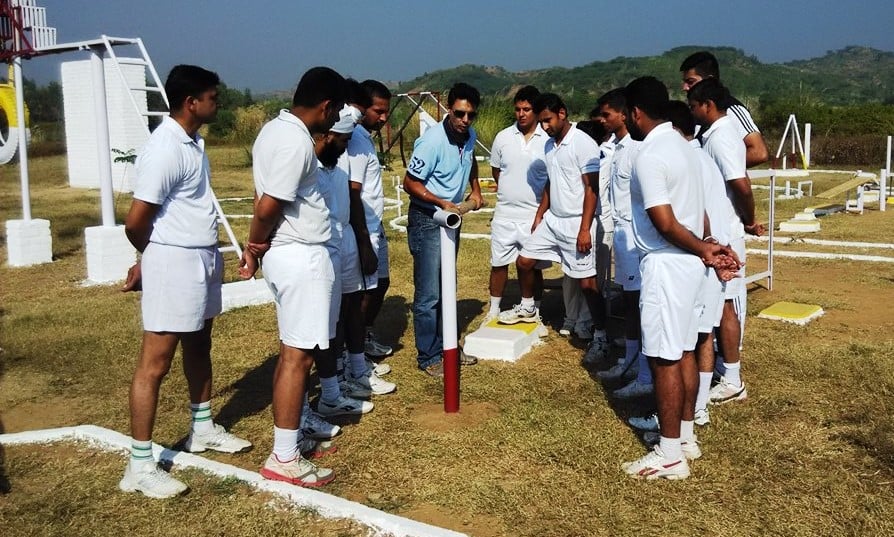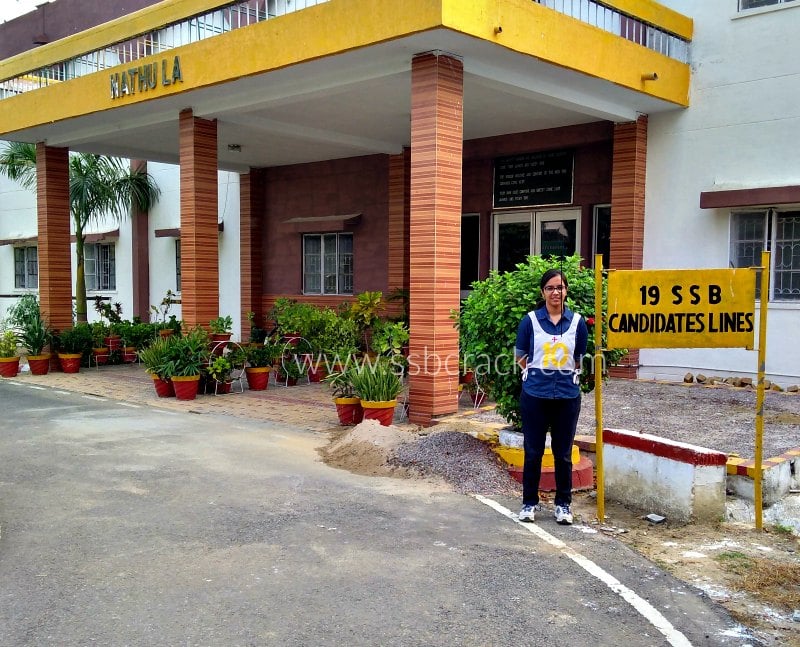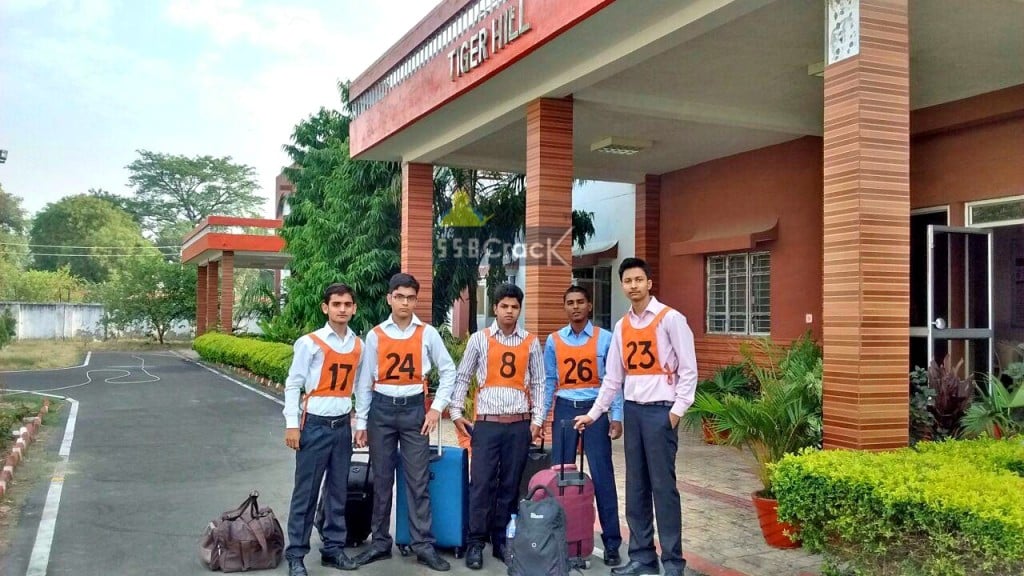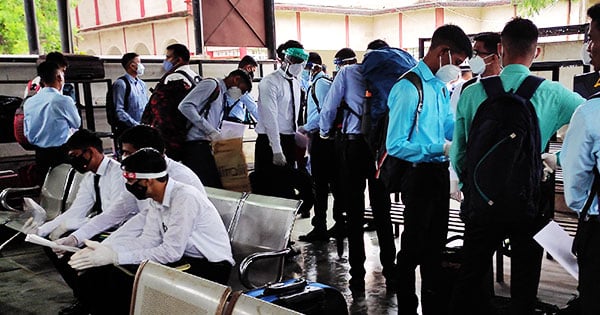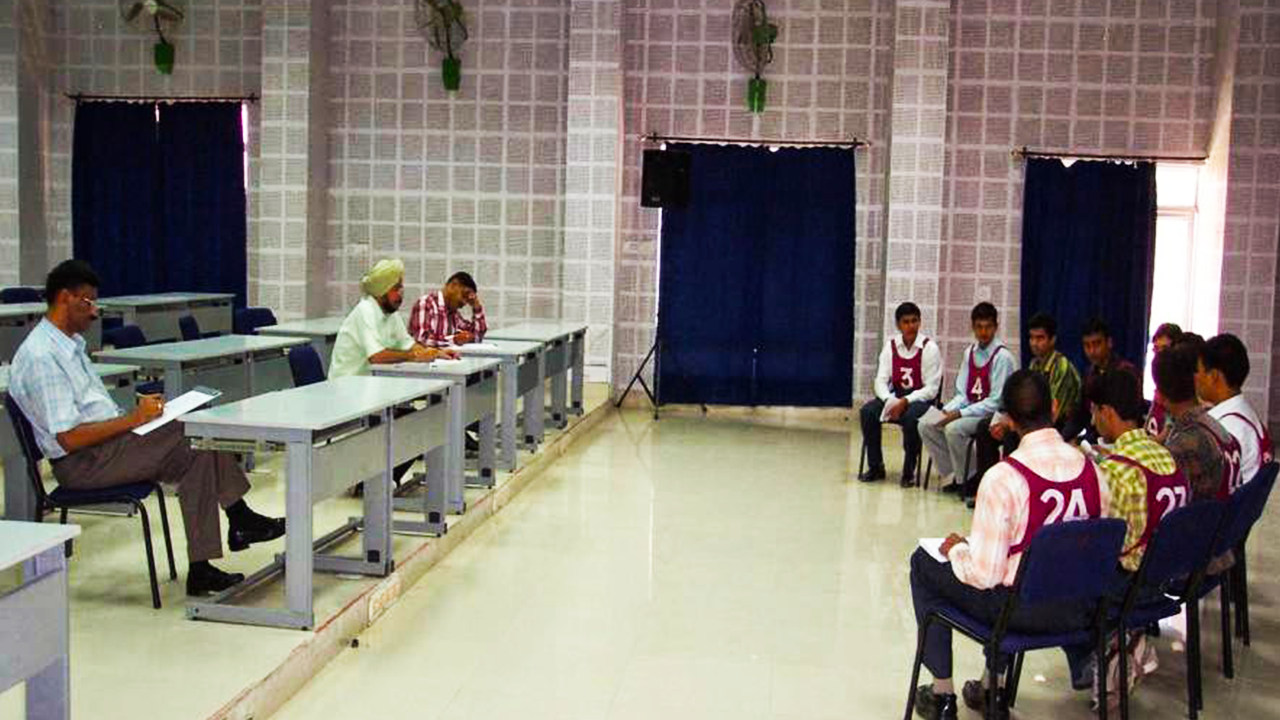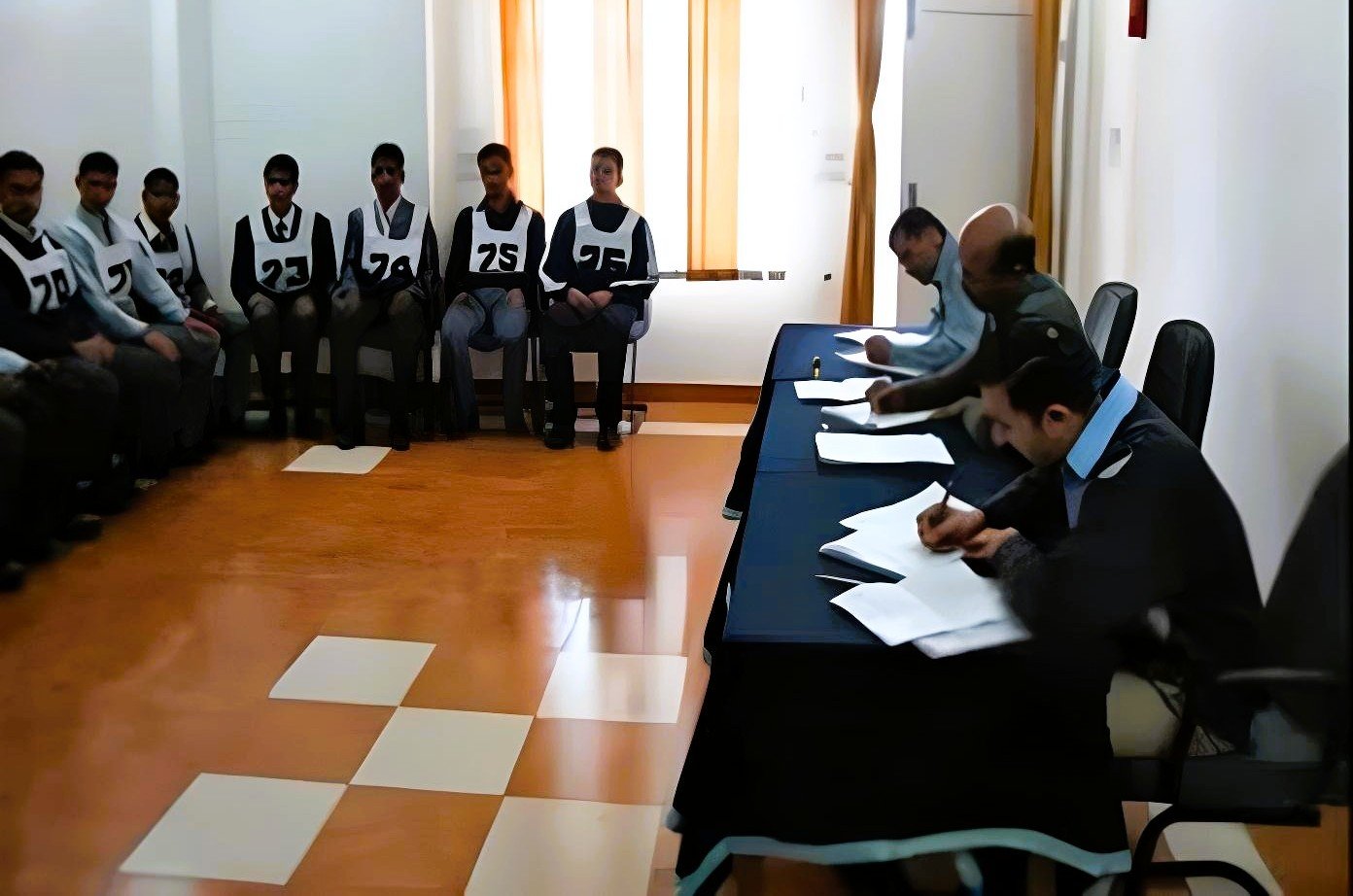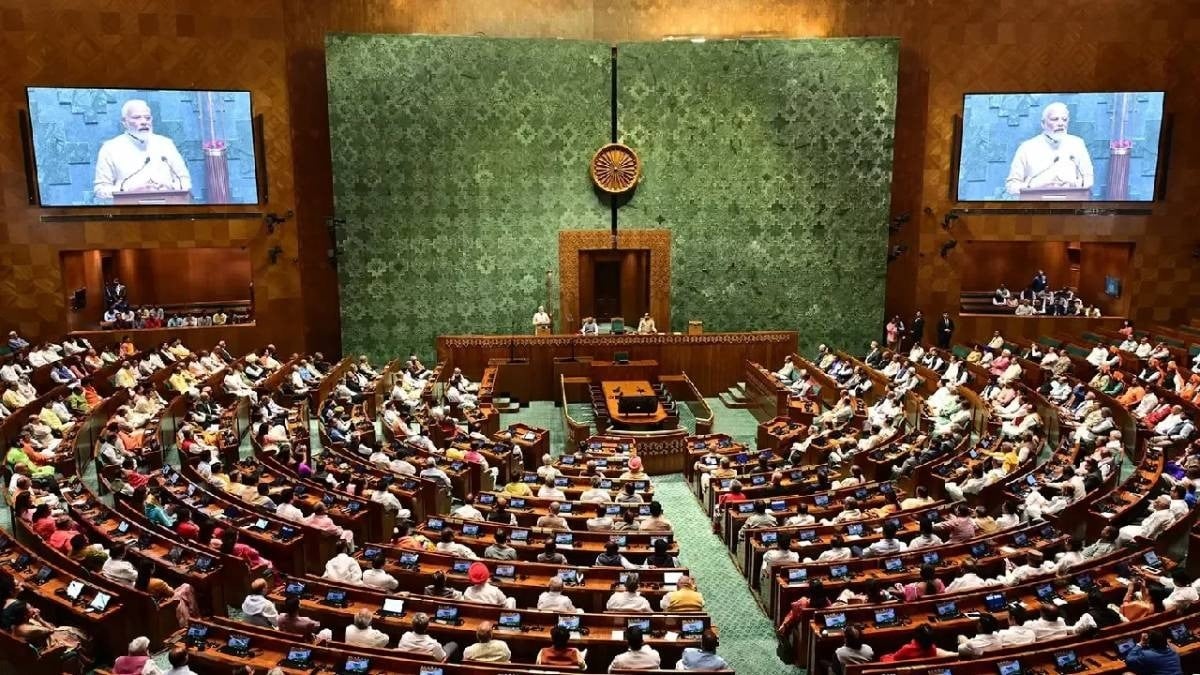The Services Selection Board (SSB) interview is a crucial step for aspiring candidates seeking to join the Indian Armed Forces. It assesses not only their academic knowledge but also their personality, leadership qualities, and interpersonal skills. One of the most pivotal aspects of the SSB interview is the art of presentation. Candidates who master this skill often find themselves at a significant advantage. Here’s a comprehensive overview of the key skills that contribute to effective presentation during the SSB interview.
1. Clarity of Thought
Before you present your ideas, ensure that your thoughts are organized and clear. Confusion in your thoughts will reflect in your speech. Practice structuring your answers in a logical sequence, beginning with an overview, followed by supporting points, and concluding succinctly. This clarity not only aids in effective communication but also instills confidence in your responses.
2. Body Language
Your body language speaks volumes about your confidence and attitude. Maintain an upright posture, make eye contact, and use hand gestures to emphasize your points. Avoid crossing your arms or fidgeting, as these can signal nervousness. Instead, be open and approachable in your demeanor, which helps you connect better with your interviewers.
3. Effective Verbal Communication
Articulate your words clearly and avoid mumbling or speaking too fast. Practice varies speech modulation to avoid a monotonous tone; varying pitch and tempo can help maintain the attention of your listeners. Additionally, familiarize yourself with military terms and jargon relevant to the Armed Forces, as this showcases your preparedness and interest.
4. Active Listening Skills
Presenting is not just about speaking; it’s also about listening. Pay full attention to the questions posed by the interviewers. Demonstrate that you are actively engaged by nodding or using verbal affirmations. If necessary, take a moment to reflect on the question before responding. This habit not only prevents misunderstandings but also shows that you value the input of the interviewers.
5. Confidence and Poise
Confidence is the cornerstone of effective presentation. Practice in front of a mirror or record yourself to critique your performance. Mock interviews with peers can also provide constructive feedback. Remember that confidence doesn’t mean arrogance; it’s about presenting yourself as knowledgeable and assured without undermining others.
6. Time Management
During the SSB interview, you will be allotted a specific time to present your thoughts. Practice speaking within set time limits to hone your ability to convey your message succinctly. This skill is particularly important during group discussions or individual interviews, where overstaying your time can cause you to lose impact.
7. Adaptability and Critical Thinking
Be prepared for unexpected questions or shifts in discussion. Displaying adaptability shows that you can think on your feet—an essential quality for any officer in the Armed Forces. Practice situational analysis and critical thinking scenarios so you can respond appropriately to surprise queries or changes in the discussion flow.
8. Visual Aids and Supporting Materials
If given the opportunity, utilize visual aids or relevant materials to enhance your presentation. Whether it’s a PowerPoint slide or a simple chart, visuals can reinforce your points and make your presentation more engaging. Ensure that any material used is legible and directly pertinent to your discussion.
9. Cultural Sensitivity and Inclusivity
The Armed Forces are a diverse environment. Demonstrating cultural awareness and inclusivity in your presentation shows maturity and a capacity for teamwork. Be respectful of different perspectives and incorporate varying viewpoints into your discussions where necessary.
10. Practice, Practice, Practice
Finally, the key to mastering the art of presentation lies in relentless practice. Engage in regular mock interviews, presentations, and public speaking opportunities to refine your skills. The more comfortable you become in presenting, the more naturally it will flow during the actual interview.
Conclusion
The SSB interview is not just a test of your knowledge; it’s a comprehensive evaluation of who you are as a person and a prospective leader. By developing the essential skills of clarity, communication, body language, and adaptability, you can elevate your presentation and make a lasting impression. Remember, the art of presentation is a skill that can be cultivated over time with dedication and practice. Equip yourself with these skills, and set yourself on the path to success in the SSB interview and beyond.
